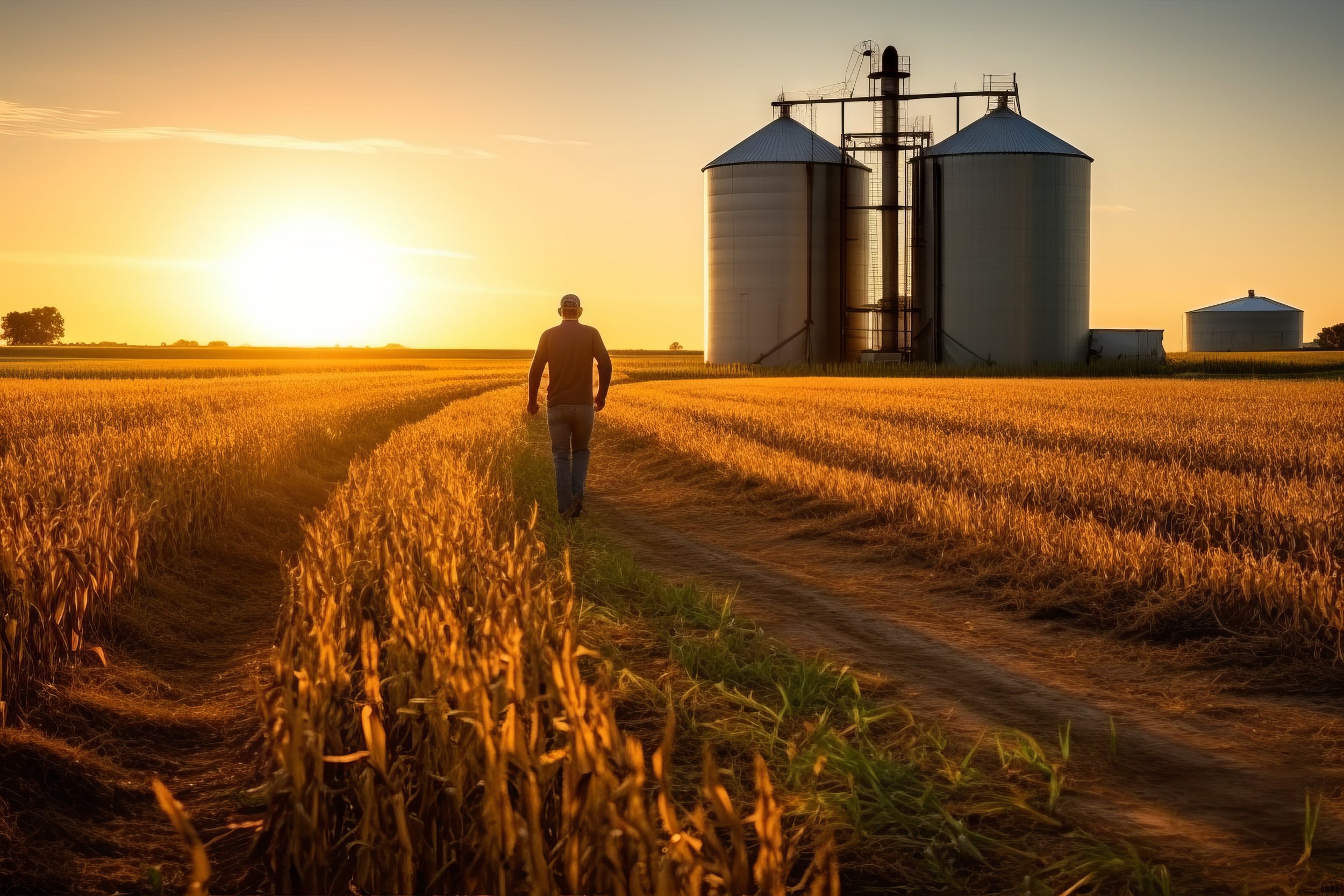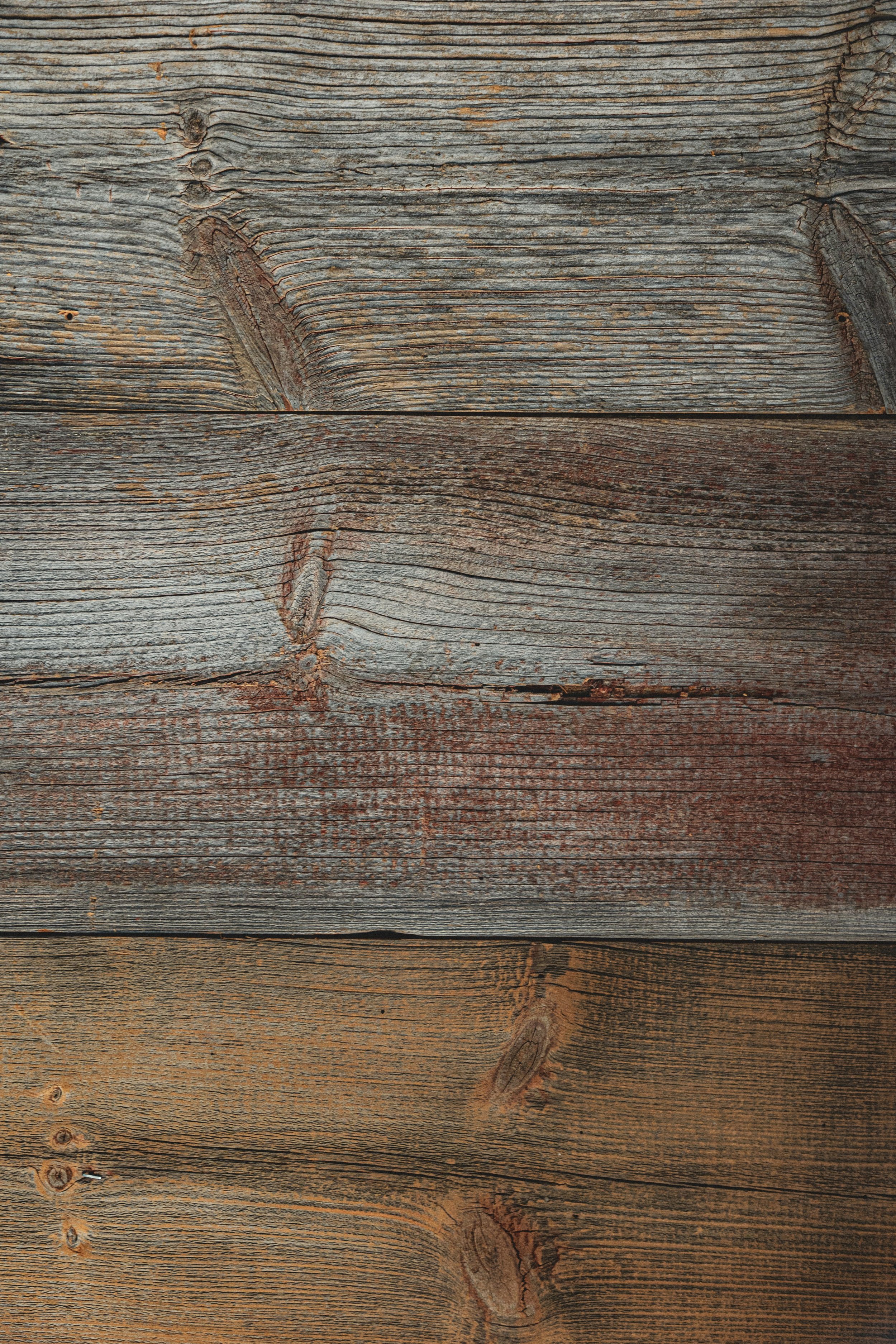
Frequently
Asked Questions: Solar
Are Solar Panels Toxic? Do they leach chemicals into the ground?
No, solar panels are not toxic. The amount of “chemicals” in solar panels is miniscule. For example, a typical solar panel has about half the amount of lead (used as solder) as a single shotgun shell, and a single battery used in a car or farm equipment has more lead than 700 solar panels.
There are often misconceptions about the chemicals that are used in solar panels. For example, cadmium telluride (CdTe), which presents no safety issues at solar facilities, is not the same as the element cadmium (Cd), which may be toxic.
No, solar panels do not leach chemicals into the ground. There are many regulations that must be met by a solar developer. They are enforced by the Ohio Department of Natural Resources and cover soil quality, erosion and potential contaminants.
What about my property values?
A study conducted by the Lawrence Berkeley National Laboratory found there to be no significant change to property values near solar farms. The authors analyzed 1.8 million home sales near solar farms in six states and found diminished property values in Minnesota (4 percent), North Carolina (5.8 percent) and New Jersey (5.6 percent). The three other states—California, Connecticut and Massachusetts—had price changes that were within their margins of error, which means the price effects were too close to zero to be meaningful. The paper was published in the journal Energy Policy.
Won’t a solar farm cause flooding?
In the past the Ohio Power Siting Board did not have strict rules for developments when it came to flooding. However, because of past projects the OPSB has adopted rigorous rules and regulations that a developer must adhere to. Some of these strict regulations include flood mitigation, tile damage, and also grading/site plan approval. You can find detailed rules here
Don’t solar farms create noise or a glare?
No, Modern PV solar panels do not create a glare. They reflect as little as 2% of incoming sunlight, which is about the same as water and less than soil and wood shingles.
While solar farms do create noise, it is not produced at a level that becomes a nuisance. Noise from a solar farm is also regulated. Everything from vegetative buffers, to the specific type of fencing used is outlined in the ODNR regulations, along with the requirements that must be met with the Ohio Power Siting Board.
Will a solar farm reduce food production?
Where our food comes from is a more complex issue. However, we do know that 40% of corn production in Ohio is used for ethanol and biofuel. That means that almost half of all corn production is not being produced for food consumption, rather it is being produced for fuel and other forms of energy.
What happens if a developer goes under?
Who will clean up the facility?
Senate Bill 52 put in place a number of regulations onto the decommissioning of solar developments. This includes the developer submitting a decommissioning and remediation plan before anything is built. Performance bonds must be put up with a proposed project before construction as well. The bonds will also increase as the cost of decommissioning increases, ensuring there is enough to properly decommission a project, while also ensuring that bonds will never decrease throughout the lifetime of a project.

